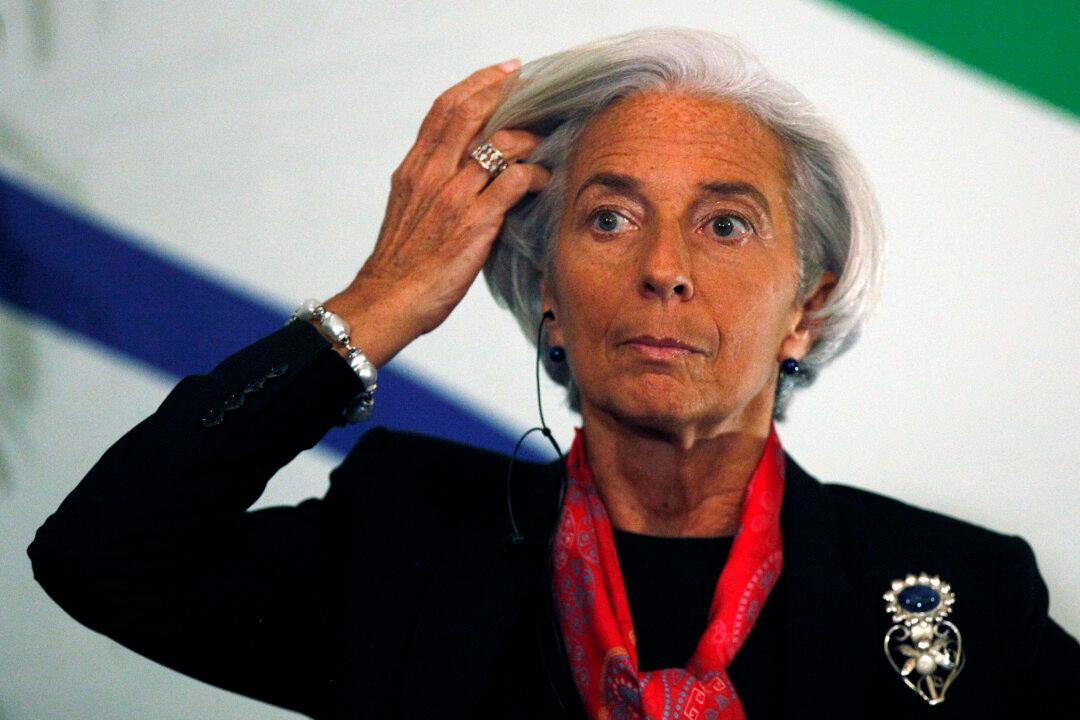It seems China cannot catch a break. After the stock market crash and currency “liberalization,” it is the International Monetary Fund that is slowing down China’s momentum.
The fund is still slanted to approve China’s application to the international reserve currency SDR, or Special Drawing Rights, in November; however, it now has said the basket will effectively be changed nine months later than anticipated—in September of 2016.
This means the fund will most likely still approve China’s yuan to become the fifth currency in the basket for the SDR—along with the U.S. dollar, euro, pound sterling, and Japanese yen—however, the actual inclusion will take place later in 2016, rather than in January as originally anticipated.





